The Student Government Association discussed revisions to the University of Massachusetts’ current “Land Use Policy,” while also addressing the continued string of bigotry on campus in their weekly meeting Wednesday evening.
The revisions have come in the wake of the recent Young Americans for Liberty lawsuit against UMass from earlier this year, in which Nicholas Consolini believed that his First and 14th Amendment rights were violated under the Speech Zone Policy.
Presented by student trustees Jiya Nair and Ilina Shah, the proposals aim to address booking for student groups and to empower individuals when it comes to space access.
“Limiting our freedom of expression is not something that stands with these ideals of UMass. Expanding free speech is actually in many ways a bigger commitment to anti-discrimination and standing up for our values,” Nair said.
Originally created in the 1990s, Nair said the policy is outdated and no longer reflects the physical UMass campus. The addition of a preamble in the revisions is meant to foster a sense of belonging on campus by focusing on the diversity of people and ideas, Nair explained.
Other proposed revisions include changing problematic sentences and adding more specific word choice, such as changing “student activities office” to “student activities and involvement office.”
SGA advisor Lydia Washington expressed her concern for organizations and student spaces supported by academic departments.“You were talking about students and student organizations defined by [Graduate Student Senate] and SGA, are you aware that there are student organizations on campus that are supported by academic departments and they also have a process of how they give space? Are you going to work with those groups? Is this policy applicable to them as well?” Washington asked.
Nair explained that certain clauses in the proposals apply to these student groups as well.
The document is specific to the flagship campus and does not include the other campuses in the Five College System. The policy is still under revision and must be approved by the GSS and the Student Affairs and University Life Council.
Regarding the student in John Quincy Adams residence hall whose door was defaced on Tuesday, SGA President Timmy Sullivan encouraged students to hold their peers accountable and to end the microaggressions of bigotry on campus.
“I ask this week that we’re not only being reactive, but we’re being proactive. The best response to fear laundering is actively creating a community, and that we are all a part of that community,” Sullivan said.
He added: “As long as we can validate the voices of students and make them not feel marginalized, but make bigotry feel marginalized on this campus, I think that we will be successful.”
Sullivan and SGA Vice President Nathalie Amazon will be meeting with Chancellor Subbaswamy on Thursday morning to discuss this issue and further precautions after this recent string of bigotry.
Gretchen Keller can be reached at [email protected] and followed on Twitter @gretchenkellerr.

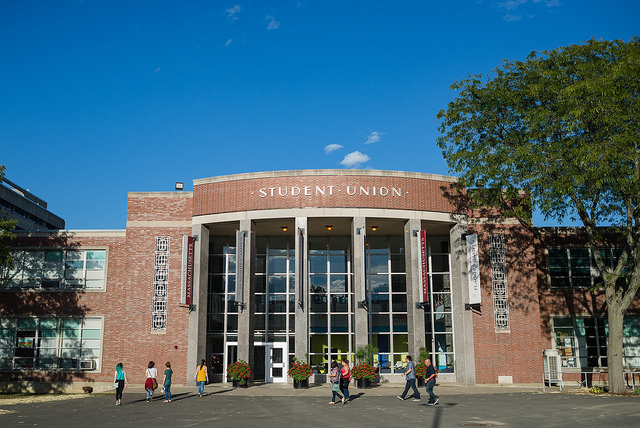




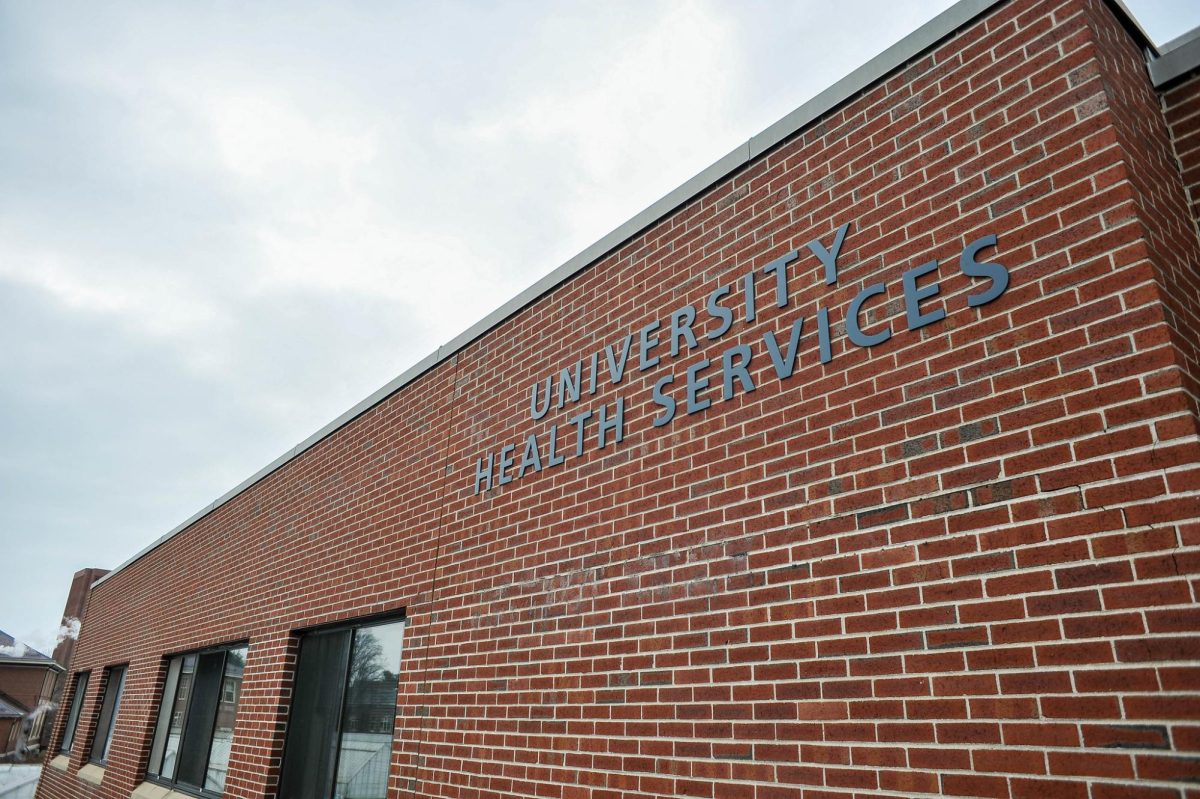
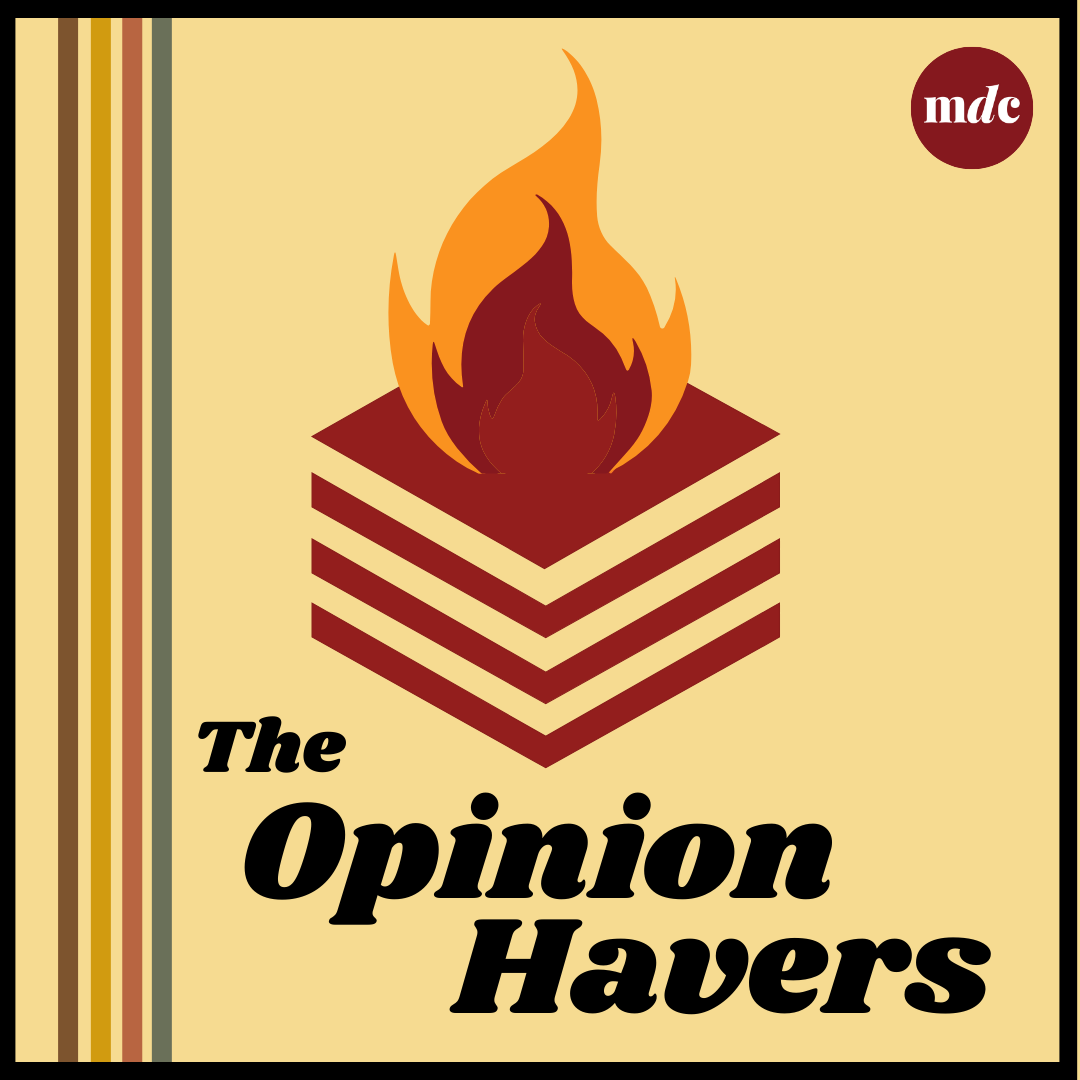
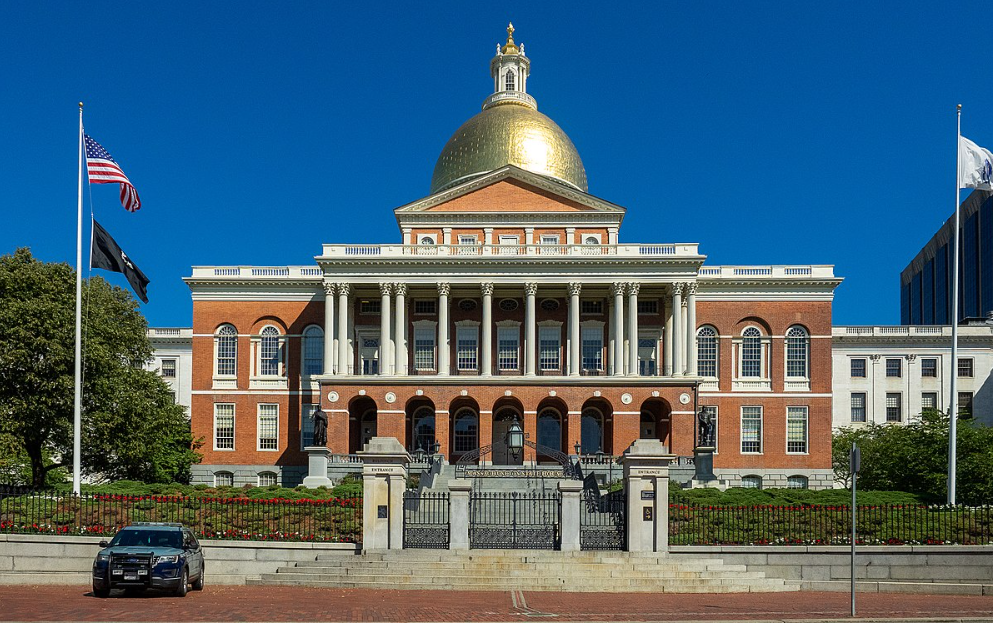

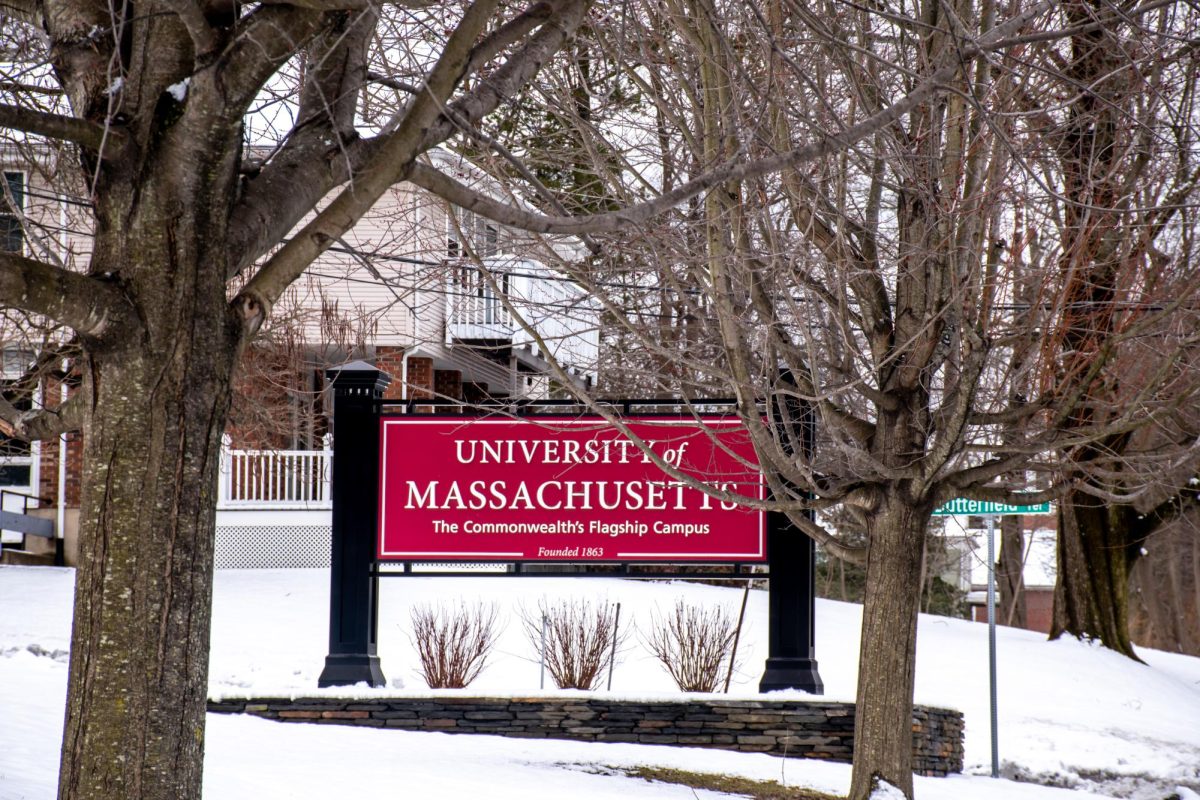
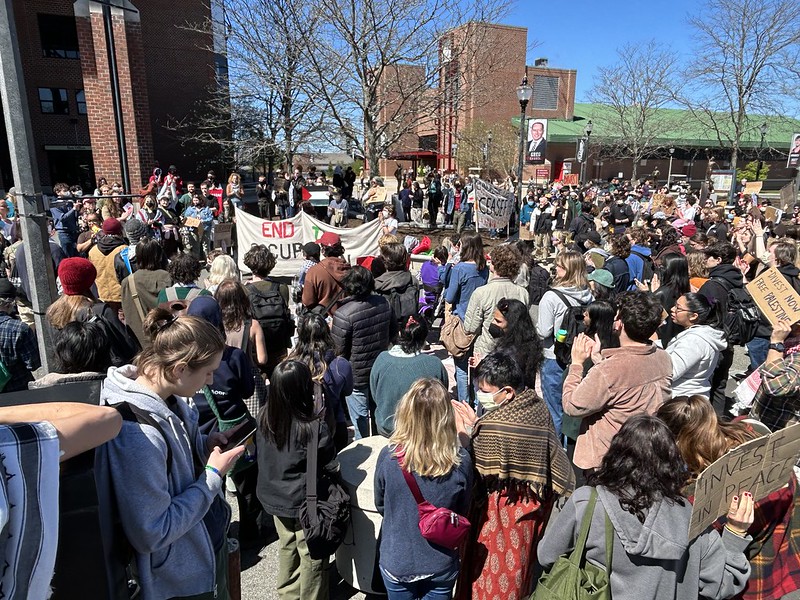
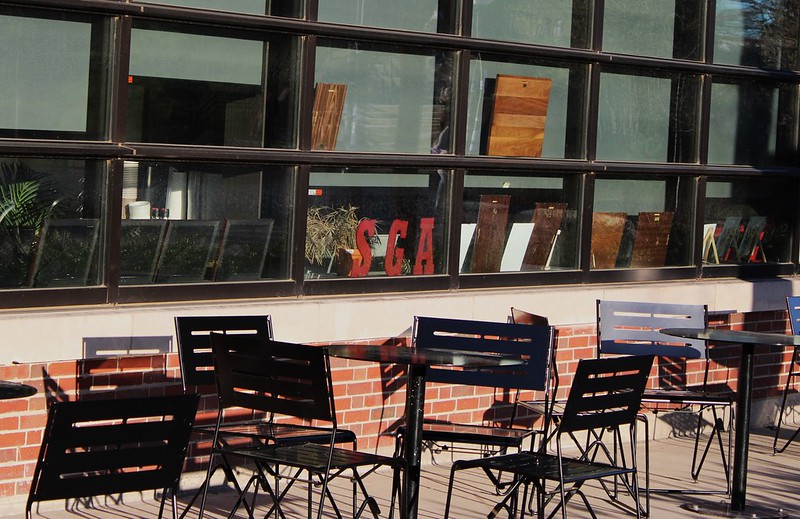



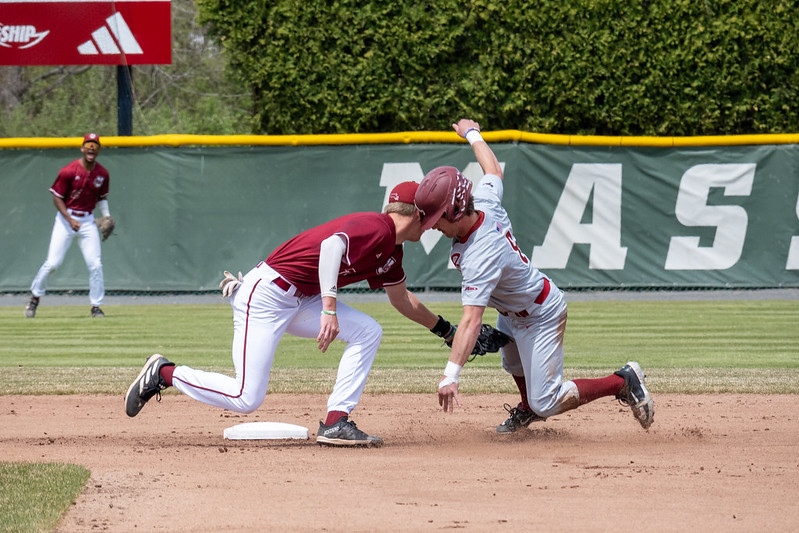
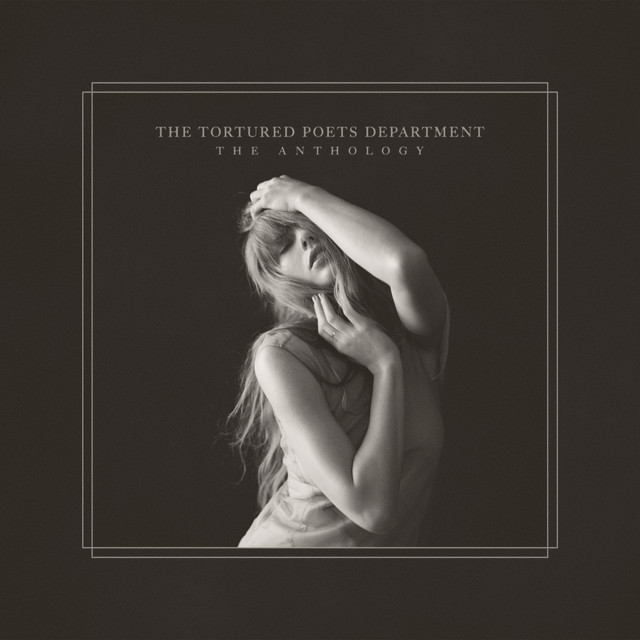
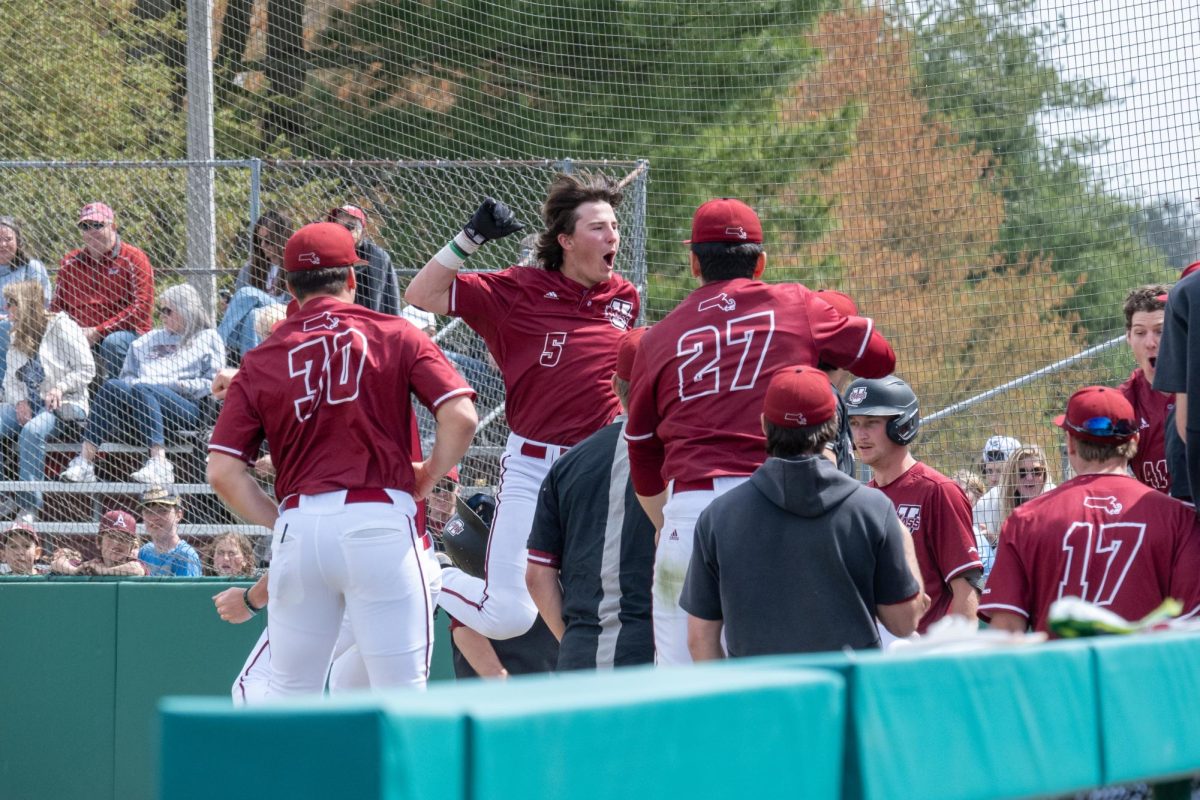
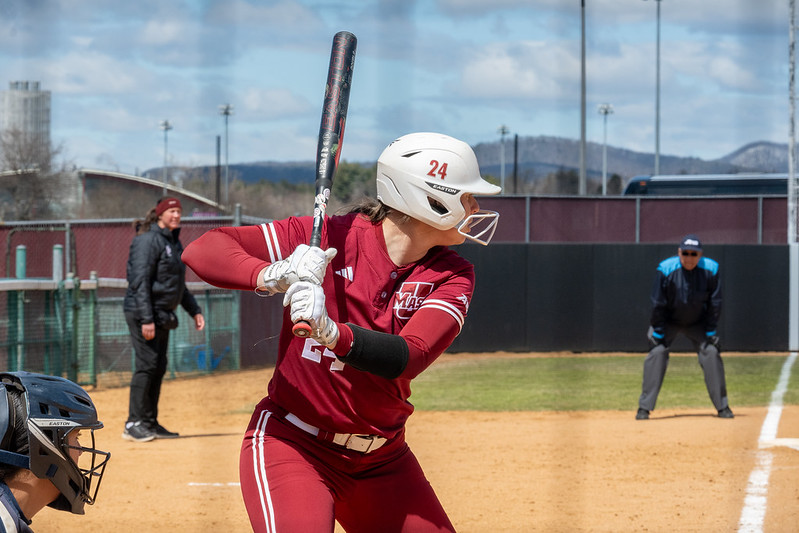

Ed Cutting EdD • Nov 17, 2018 at 1:29 pm
What’s being missed here is that students, individually, have free speech rights — RSOs actually don’t, although they can be a vehicle through which individual students can exercise their individual free speech rights as a group.
.
That’s what the YAL lawsuit was all about — Nicholas Consolini as an individual student having his own personal right of free speech — independent of any RSO. He explicitly stated that in his lawsuit, and in settling the lawsuit, UMass agreed that he was right.
.
UMass can no more restrict free speech rights to RSOs than it can restrict freedom of religion rights to RSOs — either would be struck down in a heartbeat, which is what UMass counsel realized when Consolini filed his lawsuit. That’s why they settled it.
.
It doesn’t matter what kind of student organization is involved because any STUDENT has an equal right to use campus land — regardless of what organization the student may or may not belong to. Free speech/expression rights are INDIVIDUAL rights, not group rights!
.
An analogy — imagine if you could only support those candidates who were nominated by one of the two major political parties — no Greens, Libertarians, etc. That too would be unconstitutional. As would UMass restricting religious freedoms to those students who were either Protestant, Catholic, or Jewish….
Ed Cutting EdD • Nov 17, 2018 at 1:27 pm
What’s being missed here is that students, individually, have free speech rights — RSOs actually don’t, although they can be a vehicle through which individual students can exercise their individual free speech rights as a group.
.
That’s what the YAL lawsuit was all about — Nicholas Consolini as an individual student having his own personal right of free speech — independent of any RSO</b?. He explicitly stated that in his lawsuit, and in settling the lawsuit, UMass agreed that he was right.
.
UMass can no more restrict free speech rights to RSOs than it can restrict freedom of religion rights to RSOs — either would be struck down in a heartbeat, which is what UMass counsel realized when Consolini filed his lawsuit. That’s why they settled it.
.
It doesn’t matter what kind of student organization is involved because any STUDENT has an equal right to use campus land — regardless of what organization the student may or may not belong to. Free speech/expression rights are INDIVIDUAL rights, not group rights!
.
An analogy — imagine if you could only support those candidates who were nominated by one of the two major political parties — no Greens, Libertarians, etc. That too would be unconstitutional.
CMNewell • Nov 16, 2018 at 2:58 pm
What exactly is “fear laundering”?
NITZAKHON • Nov 15, 2018 at 11:34 am
“Bigotry” = anything with which the Left disagrees. Like America, the Constitution, freedom…
amy • Nov 15, 2018 at 10:10 am
Why is SGA always in the newspaper? Everytime I read an article about the SGA; I think what idiots and how they have the maturity level of high-school students.
This is a college of adults; you don’t go around like pre-school children trying to police someone’s ‘microagressions’ or wow changing ‘problematic’ language so that an office includes “involvement”
Everytime I read about the SGA , I laugh.